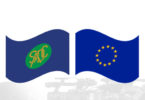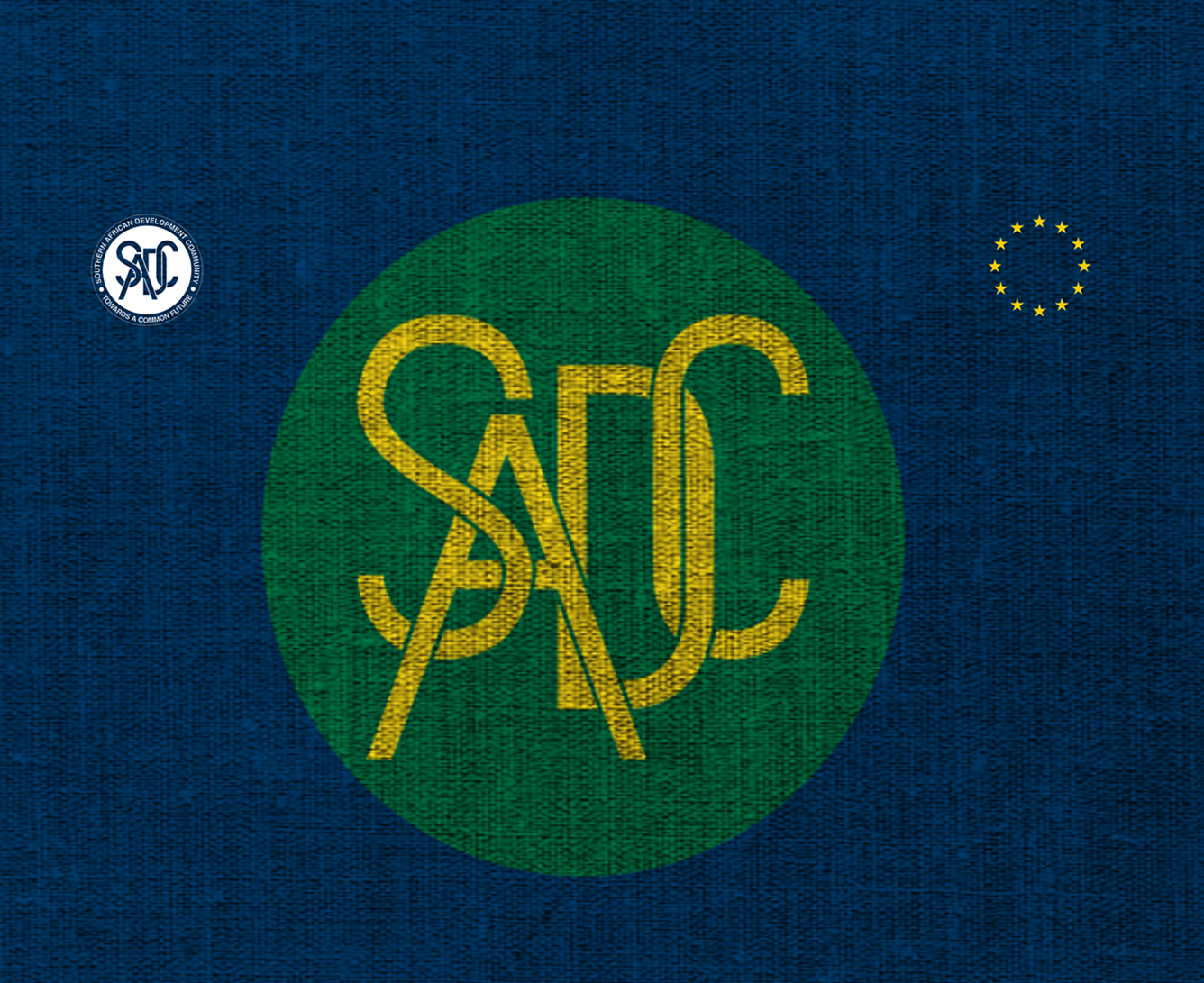Thaba Tseka, Jan. 11 — Lesotho is making steady progress in the rollout programme intended to combat the scourge of trafficking in persons, thanks to Southern African Development Community (SADC) support through the European Union-funded Regional Political Cooperation (RPC) Programme.
The RPC Programme, has helped Lesotho since 2014 in the operationalisation of the Anti-Trafficking in Persons Act No. 1 of 2011.
According to the Commissioner of Refugees in the Ministry of Home Affairs Mr. Mohlolo Lerotholi, the programme has supported the development of a national implementation plan for the roll out of the Act as well as nationwide awareness activities around Trafficking In Persons (TIP).
The awareness activities have, among other things, included training of media professionals and law enforcement officers on TIP in 2014. Media training was held in Botswana.
Mr. Lerotholi continued to state that they held another training on regional data collection on TIP in 2016 and those who attended the training included immigration officers, Lesotho Mounted Police Services, Labour Inspectors, Social Workers, National Security, adding that the trainings were held in Maputsoe and Mafeteng.
Mr. Lerotholi said some of the activities undertaken so far include a door-to-door awareness campaign in Mafeteng and Berea district in October 2014 and the piloting of Lesotho and Swaziland on a regional TIP database created by SADC in 2014.
The door to door funding was conducted through the cross border crime prevention forum, adding that such campaigns are still continuing through awareness activities and distribution of pamphlets on human trafficking information.
‘However, a Victim of Trafficking Trust Fund to be in accordance with the Kingdom’s Anti-Trafficking is yet to be operationalized,’ Mr. Lerotholi said.
Lesotho is reported to be a source country for TIP with most of the victims trafficked to South Africa, Zambia and Zimbabwe.
International Organisation of Migration (IOM) research conducted in 2003 reports that South Africa is the main destination for trafficked women and children.
Trafficking in persons is a major international issue but poor documentation in southern Africa is masking the extent of this modern-day slavery.
Despite its rising profile in many parts of the world, and periodic efforts to raise public awareness in southern Africa, the region remains a fertile ground for traffickers who prey on the vulnerabilities created by a number of factors.
These factors include conflict, poverty, limited access to healthcare and education, gender inequalities, high unemployment and a general lack of opportunities, especially for women.
Poverty and inequality are the major challenges facing SADC in this regard with negative impacts on many aspects of human and social development.
The SADC International Conference on Poverty and Development noted in 2008 that poverty affects as much as 45 percent of the population in the region and is particularly acute among vulnerable groups such as rural and peri-urban households, and families headed by older persons and children due to the impact of the AIDS pandemic.
The region is hardest hit by AIDS whose impact is leaving many widows and child-headed households, often teenagers who must provide for a number of younger siblings.
Such conditions have forced some women and girls to turn to prostitution or begging for survival, thereby exposing them to criminal syndicates that traffic in persons.
Meanwhile, according to a United Nations Protocol (2000) popularly known as the Palermo Protocol, TIP refers to the recruitment, transportation, transfer, harbouring or receipt of persons by means of threats or use of force for purposes of exploitation.
A distinction is made between TIP and human smuggling, although there are linkages between the two.
Human smuggling refers to the illegal movement of an individual into a country in which she/he is not a national or a permanent resident. The smuggled individual is assisted for a fee by criminal syndicates to cross into another country.
Smuggling ends with the arrival of the migrants in the country of destination whereas trafficking involves the ongoing exploitation of the victims to generate illicit profit for the traffickers.
Smuggling is always cross-border whereas trafficking need not be. TIP can occur regardless of whether victims are taken to another country or if only removed from one place to another within the same country.
In the case of trafficking, the victims are moved from one area to another for exploitation, while those smuggled willingly participate in the vice and may or may not be exploited.
Exploitation of TIP victims takes several forms.
Victims, mostly women and children, are often enticed to leave their homes with false promises of jobs but are later subjected to sexual exploitation, forced labour, slavery or even the removal of body organs.
The modus operandi used by syndicates include false newspaper advertisements for jobs in towns or other countries.
In other cases, young children are kidnapped and sold to work in factories, plantations or sweat shops, young men are forced to work in labour markets such as agriculture and textile industries for little or no pay and babies or very young children are stolen or bought for illegal adoption.
Meanwhile, the District Police Commanding Officer Senior Superintendent Litsietsi Selimo said there are no human trafficking reports in Thaba Tseka district.
Thaba-Tseka is a district of Lesotho it borders on the KwaZulu-Natal Province of South Africa. Domestically, it borders on Mokhotlong District in northeast, Leribe District in north, Berea District in northwest, Maseru District in west, Mohale’s Hoek District in southwest and Qacha’s Nek District in the southern direction.
Source – http://newslib.lena.org.ls/newsroom/default.php?function=textSend&id=94117




Leave a Comment